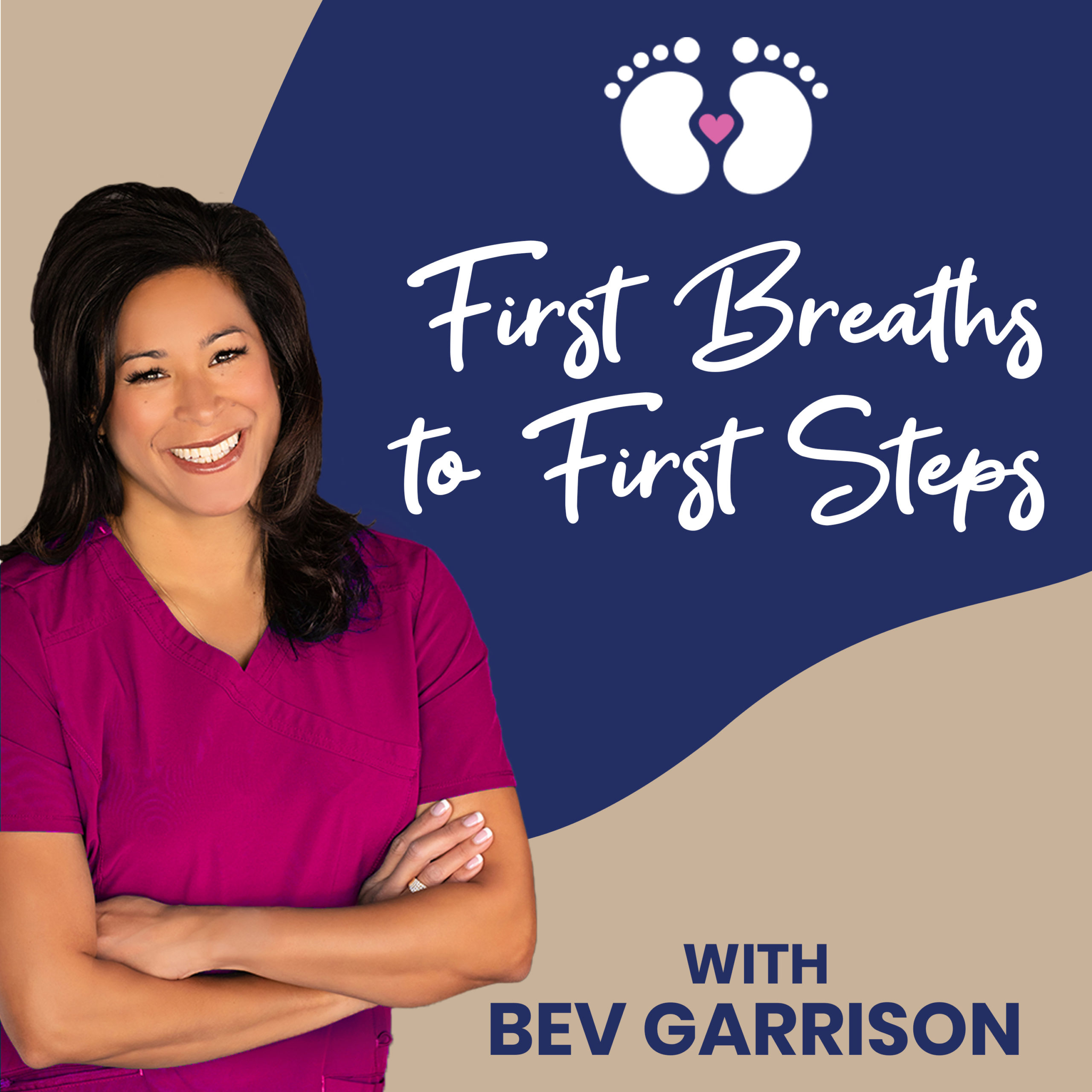As new parents, we often wonder when is it ok to take the newest family member out into public after birth? Listen to hear recommendations of when the little one can be out and about
episode transcript
if content of this podcast sparks further questions, please follow up with your primary care or pediatrician for further evaluation and discussion. Today I’d like to discuss, when is it safe to take our newborns out into public, after first, bringing them home. Most would agree that it’s best before the first set of vaccines to stay home and to have less exposure. Most practices, at least in the United States are to vaccinate babies anywhere from six weeks to eight weeks of age.
Although we receive sometimes vaccines in the hospital at one to two days of age, it’s still recommended to wait, after that first set of complete vaccines usually offered around two months. Things do happen. But if you don’t have to take your newborn to crowded areas, it’s best to leave baby at home, especially important during cold and flu season. And now more than ever with the COVID virus. This particular virus has brought up many challenges with infection control in all populations, young and old.
Spread of this virus is through respiratory droplets, which is usually coming from our mouth or nose, when we cough or sneeze. With newborns, it is believed that the most vulnerable time for infection would be after birth or the postnatal period when newborns are exposed to new parents, caregivers, and possibly those infected with COVID-19.
There’s limited information in the literature about spreading infection while baby is still inside of mom or in the intrauterine period. There’s also a limited information about infection being spread of COVID during delivery or even after delivery. That being said, there’s insufficient information to support changes in timing of clamping, a cord or skin to skin contact that we usually recommend right after birth.
Signs and symptoms of newborn infection are the same as those in the general population. We typically look for fever, decreased energy, runny nose, cough, and increased effort to breathe or increased. work of breathing, vomiting, diarrhea, or even poor feeding. It’s currently believed that infection with COVID-19 in the newborn period or baby’s that are less than four weeks of age is uncommon. A majority of infected newborns are typically asymptomatic or without symptoms, or may have very mild disease.
Newborns that are born with difficulties or what we call it congenital issues, or that are born less than 37 weeks of gestation may be at higher risk for severe illness. If they do indeed contract COVID virus. Most people want to know “when would you need to test a newborn?” Definitely. If mom is positive, it’s probably worthwhile looking at a test for newborn infants and or if newborns are symptomatic with known positive contact may also be another point in time in which a test would be useful.
Best practice of COVID infection and newborns is prevention and disease control. If there’s positive, COVID infected mothers and or caregivers – everyone agrees that those patients should be isolated from healthy moms and their newborns. Sending babies to higher level nurseries for care is not necessarily a given unless clinically warranted, meaning that the baby is having symptoms or difficulties.
In the end, the risk of infection with COVID virus, from mother to newborn is relatively low. There may be definite more risk of viral transmission via respiratory secretions when we cough or sneeze from mother or caregivers that are positive, therefore practicing prevention measures is the number one tool that we have to help with this virus and newborns. Wearing a mask good hand, washing and isolating if you are not feeling well.
Hopefully this information was helpful and you found it useful for your family. If you’re interested in working with me from first breaths to first steps, you can contact me. At F B 2 F S.com. Until next time be well.


